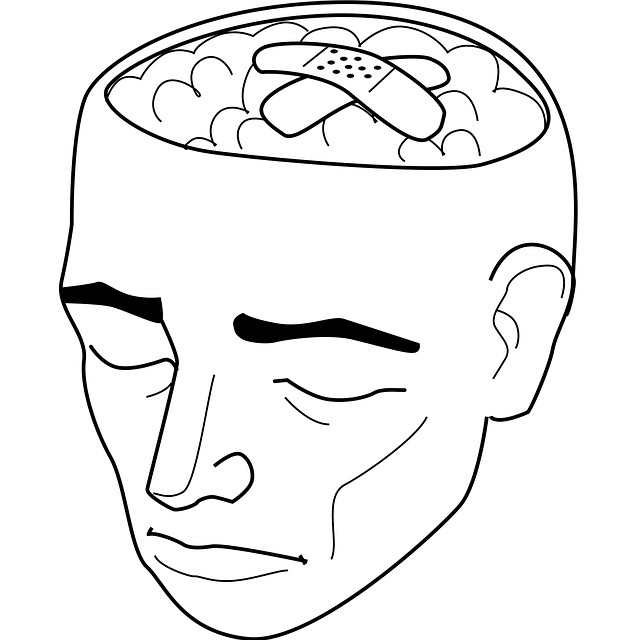Ketamine infusion therapy for depression offers a groundbreaking treatment with rapid relief. Conducted in a clinical setting under medical supervision, this procedure induces altered consciousness to promote brain plasticity and connection growth. Effective for treatment-resistant depression, preparation includes consultation, assessment, and specific instructions. During the session, patients experience relaxation and altered perceptions, leading to emotional relief. Ketamine targets neural pathways, providing an alternative with swift results compared to traditional methods. Potential risks include disorientation and hallucinations, but professional supervision ensures safety.
“Uncover the transformative potential of ketamine infusion therapy for depression with our comprehensive guide. This article explores what to expect during a session, delving into the process, experience, and outcomes. From understanding the underlying science to navigating pre-and post-infusion care, we demystify this innovative treatment. Prepare to explore the realm of sensory alterations and uncover potential benefits while being aware of side effects. Dive into this life-changing journey with informed insight.”
Understanding Ketamine Infusion Therapy for Depression
Ketamine infusion therapy for depression has emerged as a promising treatment option, offering rapid and potent effects in managing symptoms. This innovative approach involves the controlled administration of ketamine, a dissociative anesthetic, directly into the bloodstream. The process typically takes place in a clinical setting under medical supervision, ensuring patient safety and comfort.
During a ketamine infusion session, patients experience a state of altered consciousness, often described as a profound relaxation or a sense of detachment from their surroundings. This dissociation is believed to play a crucial role in alleviating symptoms of depression by enhancing neural plasticity and promoting the growth of new connections in the brain. The therapy has shown success in cases where traditional antidepressants have been ineffective, providing rapid relief for many individuals struggling with treatment-resistant depression.
What to Expect Before and During the Session
Before a ketamine infusion session, patients typically receive an initial consultation and assessment to determine eligibility and ensure safety. This involves discussing medical history, current medications, and any concerns or expectations with the healthcare provider. Patients are usually given specific preparation instructions, such as fasting for a certain period before the procedure, which can help enhance the therapeutic effects.
During the session, individuals lie down in a comfortable environment, often in a private room. A qualified healthcare professional administers the ketamine infusion through an IV line, monitoring vital signs and adjusting the dosage as needed. Some people experience heightened senses or altered perceptions during the treatment, which is a normal part of the process. The goal is to achieve a therapeutic state that can provide significant relief from symptoms of depression while ensuring patient safety and comfort throughout.
The Experience: Relaxation and Sensory Alterations
During a ketamine infusion session, individuals often report a profound sense of relaxation and altered sensory perceptions. As ketamine works its way into the brain, it can induce a state of deep calmness, allowing patients to let go of tension and stress. Sensory alterations may include heightened awareness of sounds, sights, or textures, creating an immersive experience that can be both soothing and exhilarating. Many describe it as a feeling of floating or being enveloped in a warm, comforting blanket. These sensory changes can offer a unique perspective and emotional detachment, which is particularly beneficial for those seeking relief from depression or anxiety.
Ketamine infusion therapy for depression goes beyond traditional treatments by providing an alternative approach that targets specific neural pathways. The relaxation response often leads to increased feelings of well-being and emotional regulation, making the session a transformative experience. It’s important to remember that everyone’s reaction is unique, and professional medical supervision ensures safety and guidance throughout the process, helping patients navigate these altered states comfortably.
Potential Benefits and Side Effects to Consider
Ketamine infusion therapy for depression offers a promising alternative treatment option, but it’s crucial to be aware of both potential benefits and side effects before embarking on this journey. On the positive side, ketamine has shown remarkable effectiveness in alleviating symptoms of depression, anxiety, and even post-traumatic stress disorder (PTSD). Studies suggest that a single infusion session can provide rapid relief, which is particularly beneficial for individuals who haven’t responded well to conventional treatments. Ketamine’s action on NMDA receptors in the brain may contribute to its ability to lift mood and reduce suicidal thoughts within hours.
However, as with any medical procedure, there are risks and side effects associated with ketamine infusion therapy. Common experiences include disorientation, dizziness, and nausea during or immediately after the session. Some individuals might also exhibit altered perceptions, such as hallucinations or a distorted sense of time. Long-term side effects are generally rare, but it’s essential to discuss any concerns or pre-existing conditions with your healthcare provider before treatment. Regular monitoring is crucial to ensure safety and minimize potential risks.
Ketamine infusion therapy for depression offers a unique approach to managing symptoms, providing a relaxing experience that can lead to significant benefits. Understanding what to expect before and during the session is key. While sensory alterations and relaxation are common, it’s important to be aware of potential side effects as well. With proper guidance from healthcare professionals, ketamine infusion therapy has the potential to revolutionize depression treatment, offering a glimmer of hope for those seeking effective relief.
